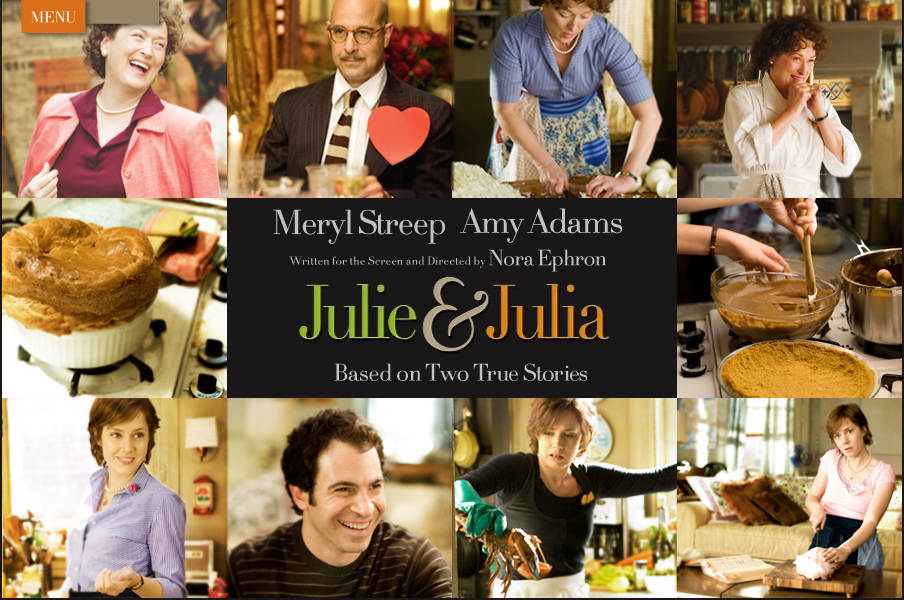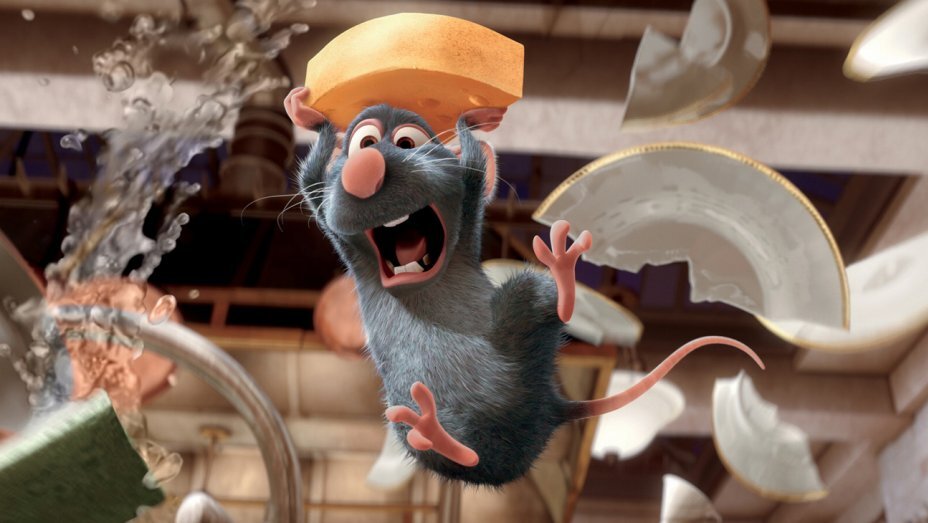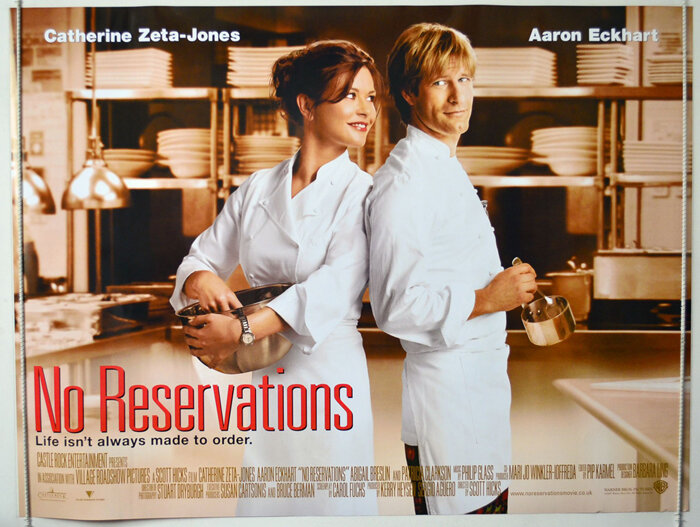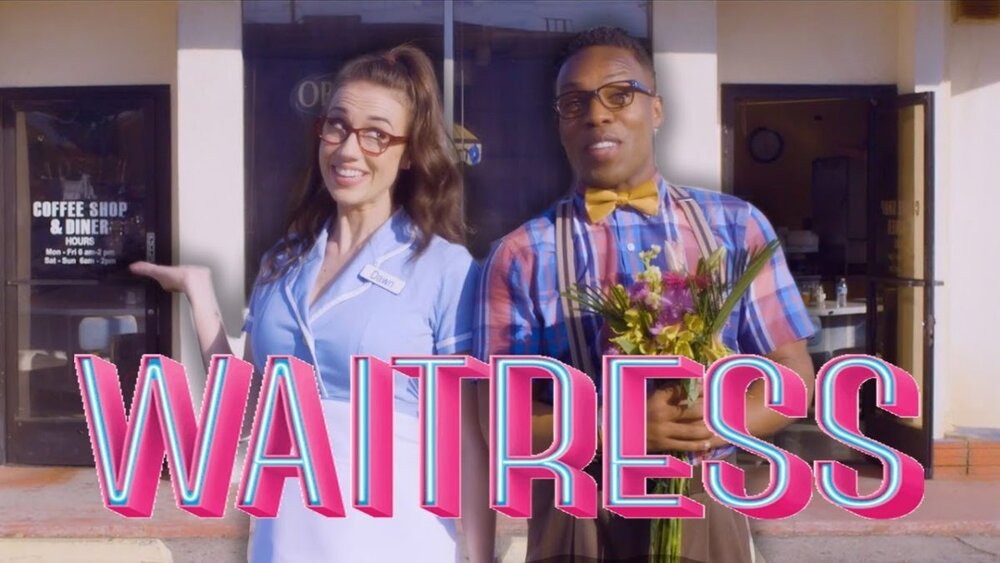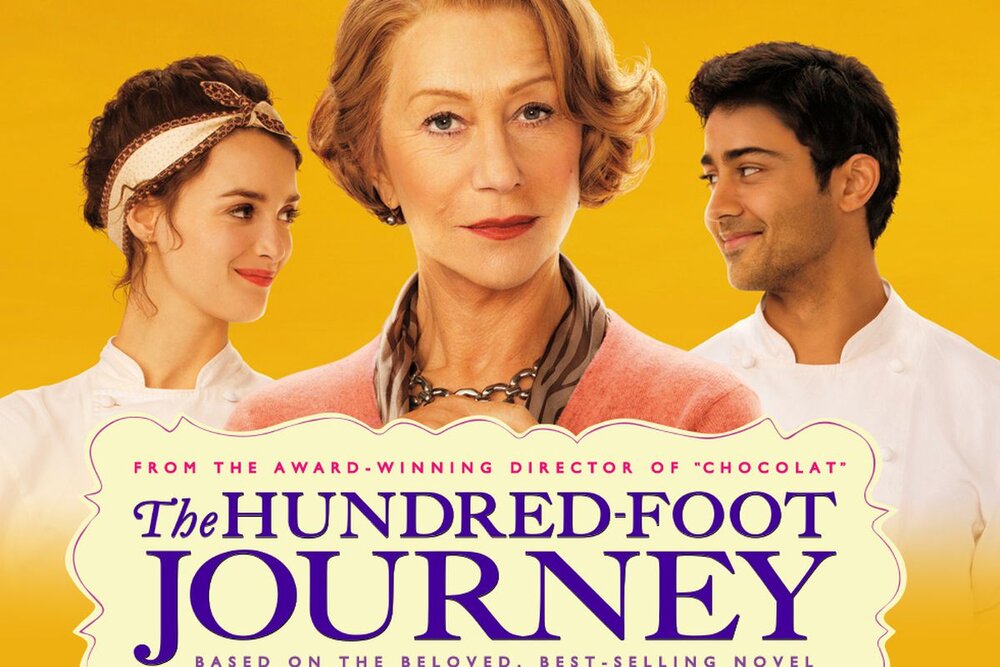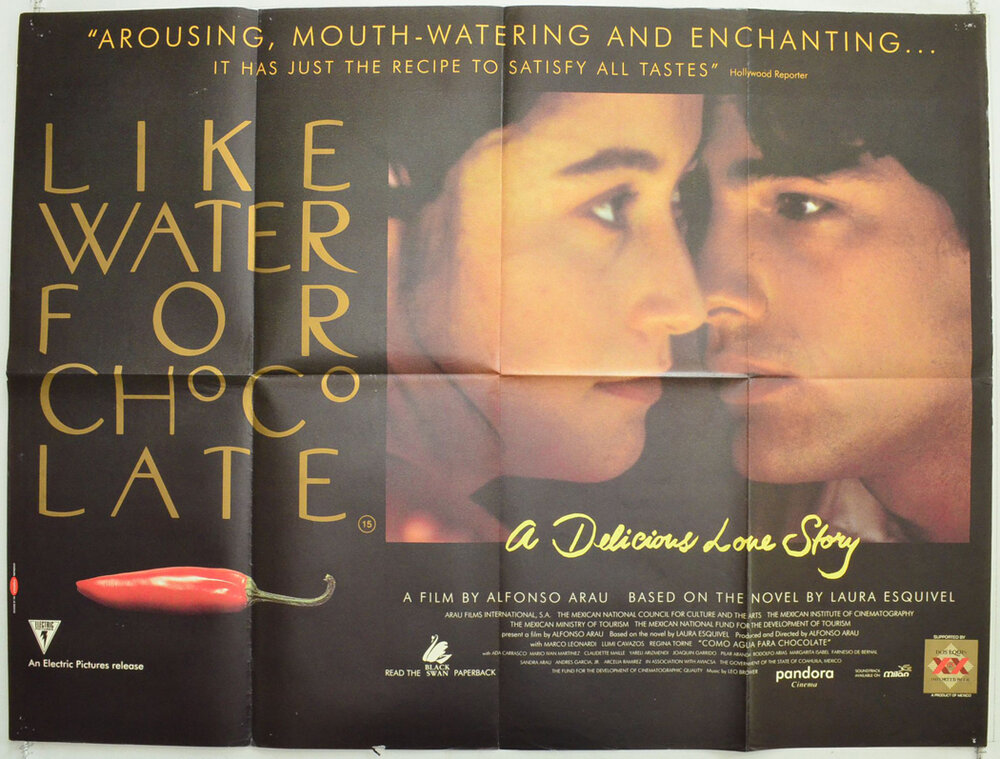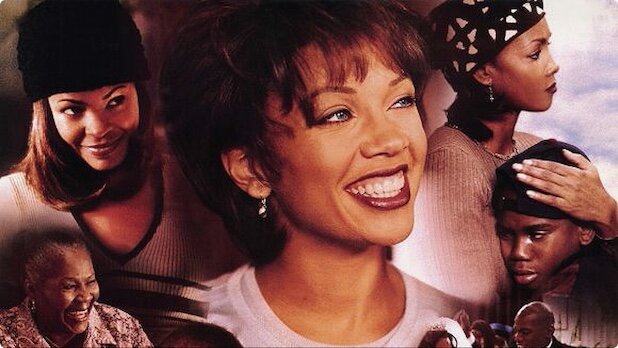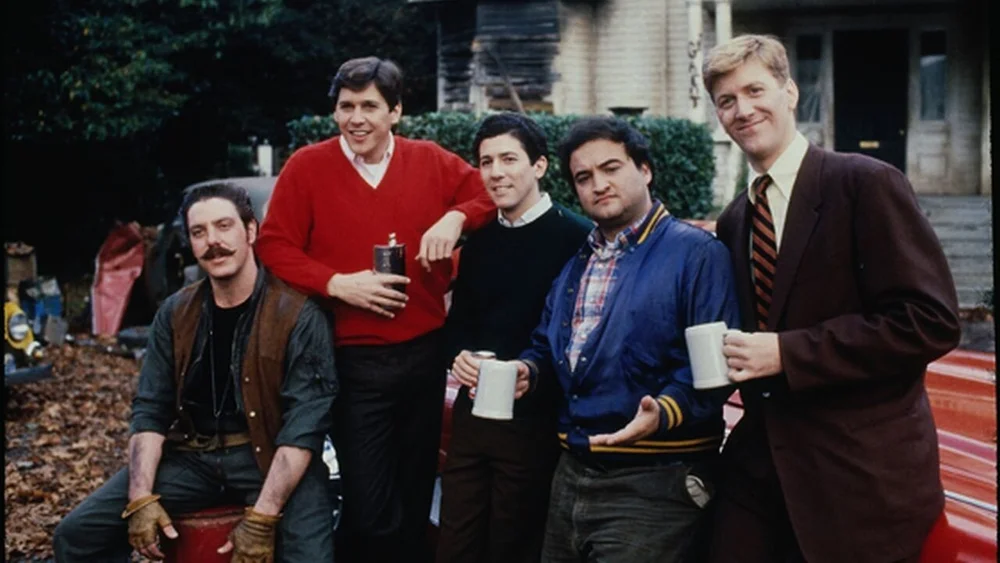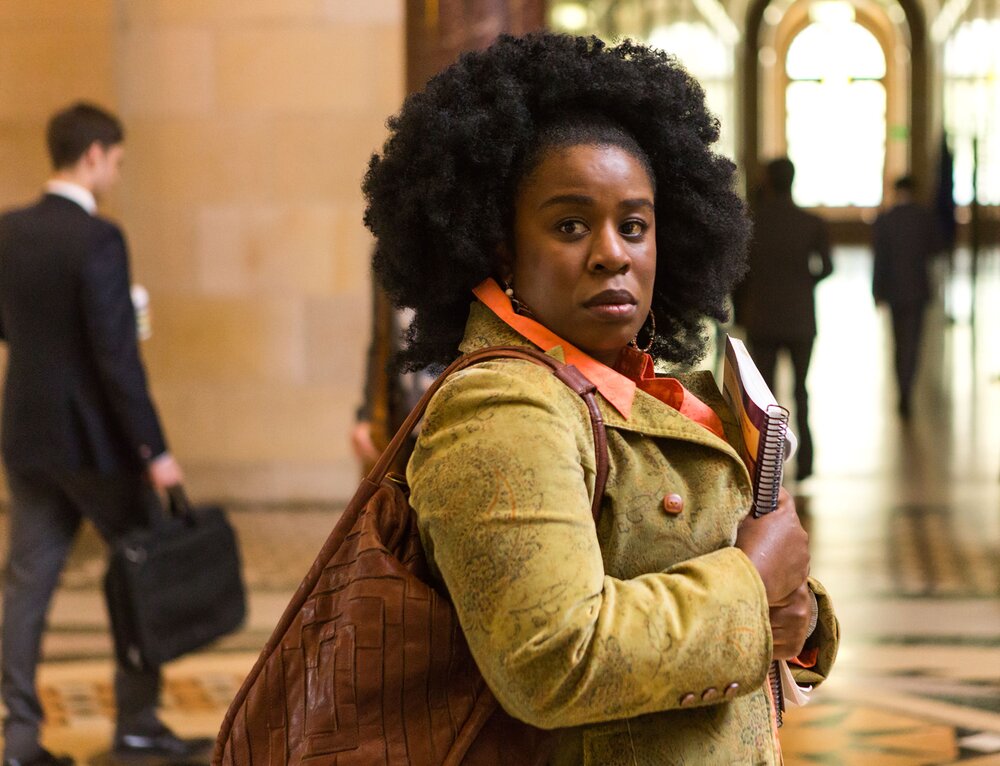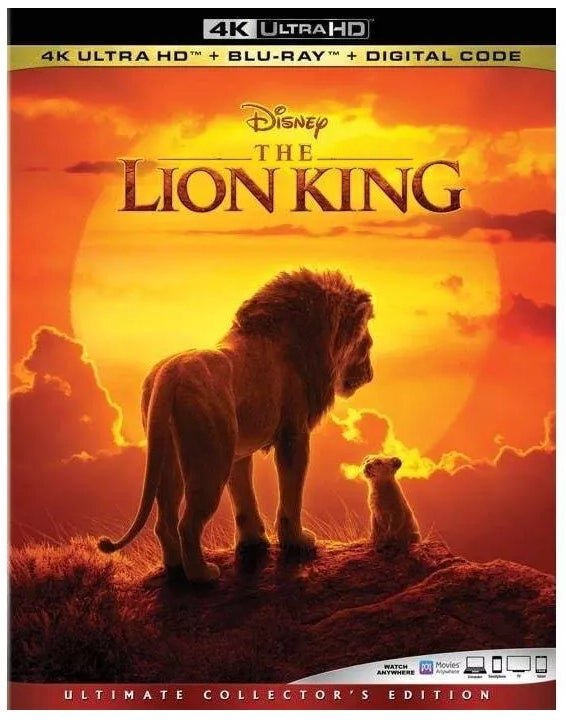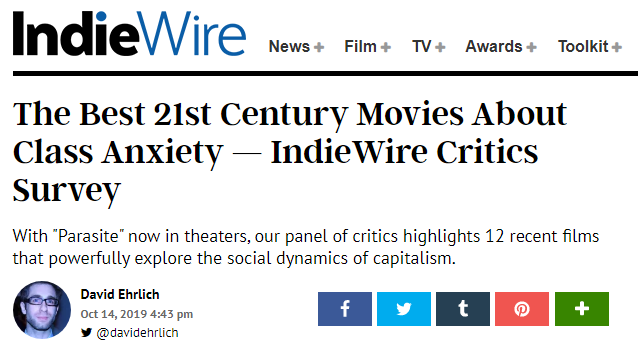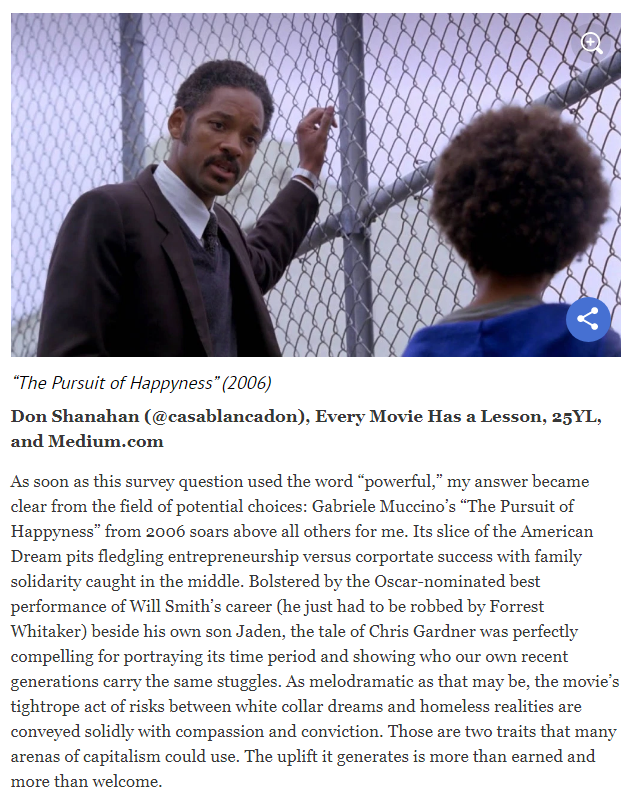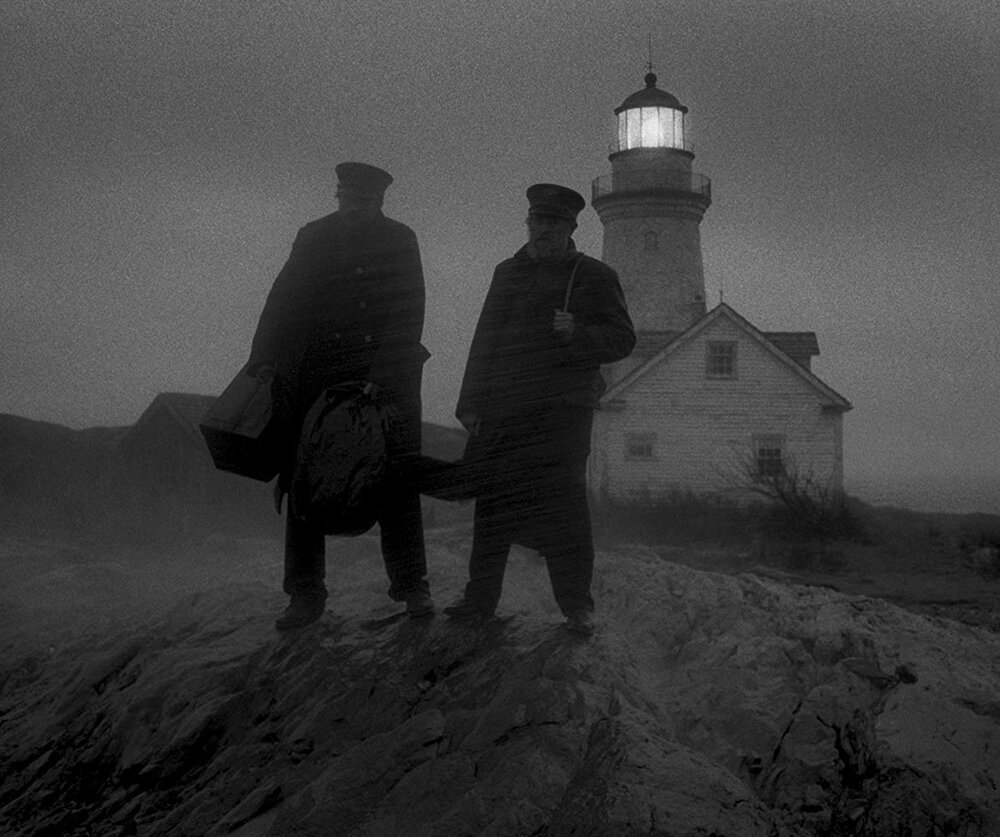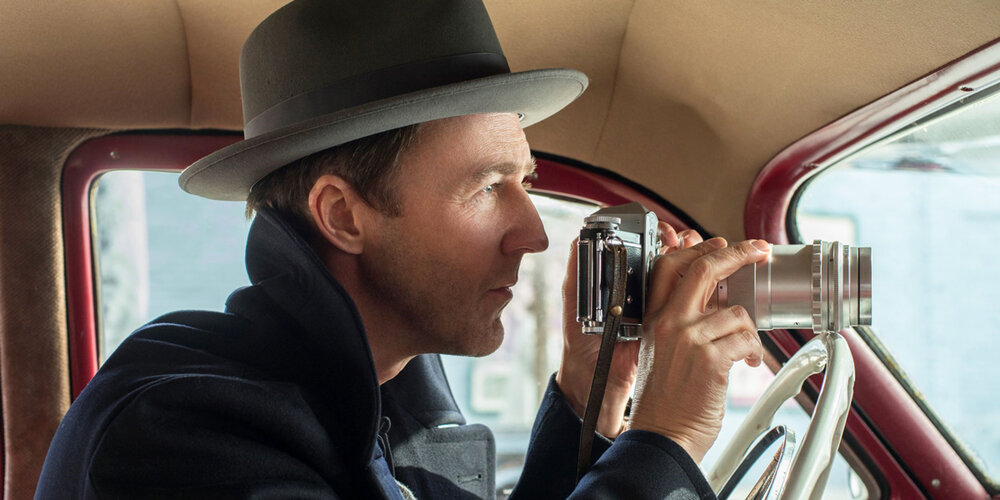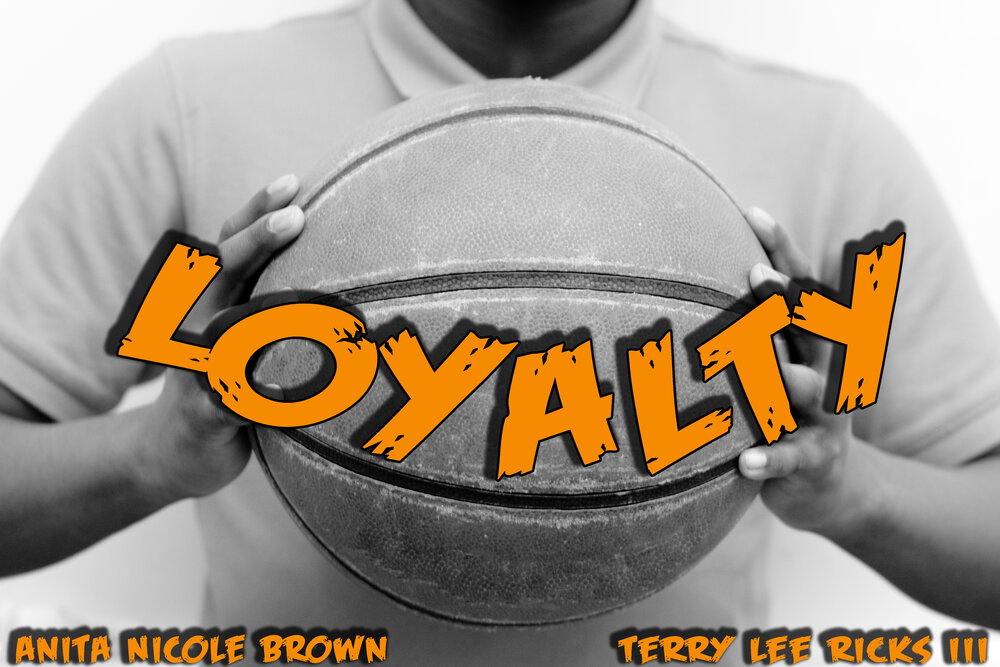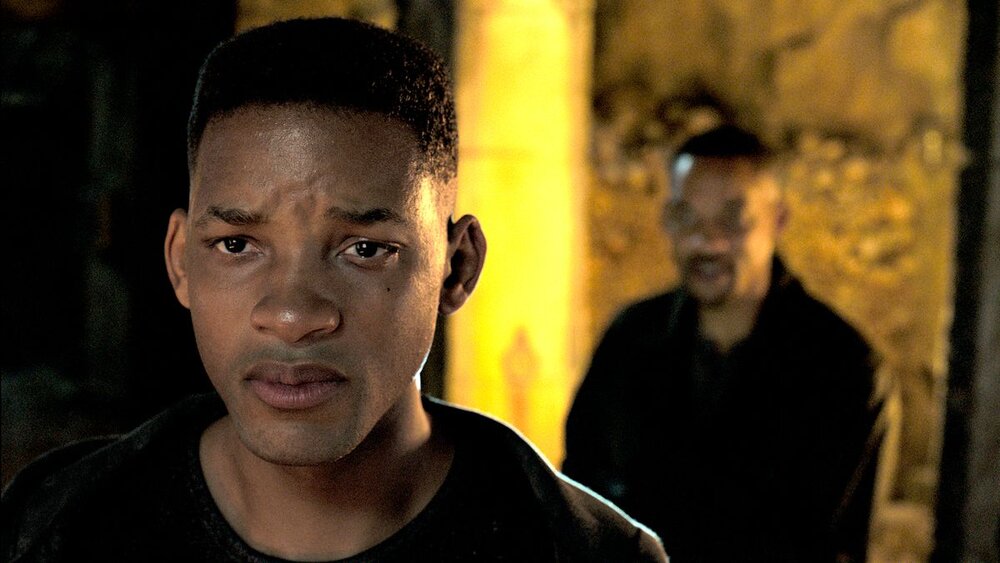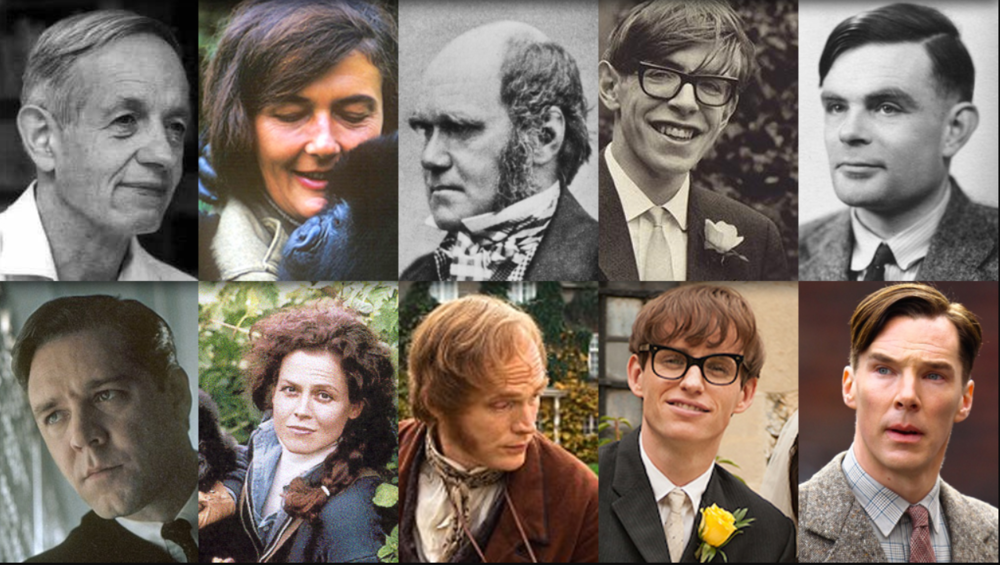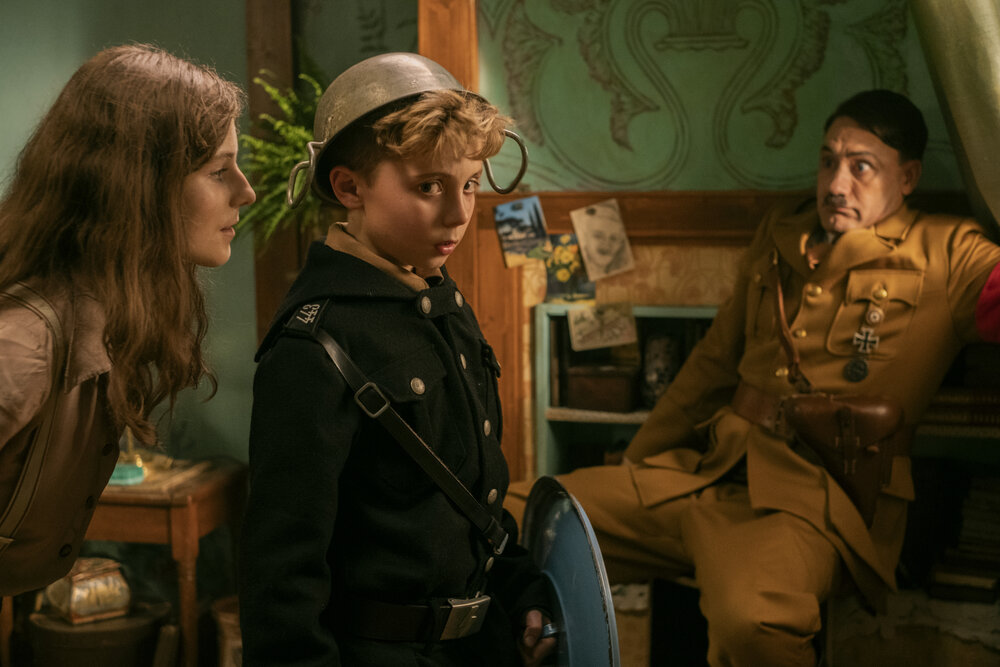
(Photo by Kimberly French courtesy of 20th Century Fox and Fox Searchlight Pictures)
Special Presentation of the 55th Chicago International Film Festival

JOJO RABBIT— 5 STARS
There is a little recurring action, a motif if you will, in Taika Waititi’s Jojo Rabbit that surrounds tying someone else’s shoes. Think for a moment on the intentions behind that little gesture for a moment. Damn near like Christ washing his Apostles’ feet on Good Friday, the act of knotting those troublesome laces is like a bow to lower yourself for someone else. The purpose is to provide soft stability and firm strength for those in need at the place where their feet meet the stalwart steps of their fate. Patience is asked and used to cancel out tedium. The shoe itself doesn’t matter. It could be clown shoes or combat boots, and the paused shared moment of guidance and comforting safety between the helper and the wearer would be the same.
Those beautiful and gracious moments, slowed way down in between all the hustling hilarity in Jojo Rabbit, let you know exactly where the heart of this movie truly lies underneath the scathing satire. It is in the benevolence of helping people rather than warring with them. The titular young boy needs every ounce of such affection and the combat boots of Waititi’s movie are the clown shoes. Gusto meets gravitas in one of the most oddly poetic and beautifully brazen movies you may ever see.
A wonky version of Fox Searchlight’s logo anthem leads to a breakneck German-language rendition of The Beatles’ “I Want to Hold Your Hand” (talk about a tone-setter) as we meet Johannes “Jojo” Betzler (the debuting Roman Griffin Davis), a ten-year-old who feels ready to become a man. The ladder in front of him to achieve that belonging sense of mettle is a weekend-long Hitler Youth camp alongside his bespectacled bestie Yorki (scene-stealer Archie Yates). With a Meatballs-level of lampoon, the booze-soaked Captain Klenzendork (Oscar winner Sam Rockwell) and dryly brutal Fräulein Rahm (Rebel Wilson) instruct these girls and boys in the proper indoctrination necessary to fit in.
LESSON #1: BE THE RABBIT — Between the finer points of killing and grenade safety, the training goal is clear. When Jojo won’t snap the neck of a rabbit, he is teased, branded as a fearful coward, and gets sidelined as a gopher and office helper. The symbolism of a rabbit is brave, witty, sneaky, and strong. All of those desirable qualities are present, yet undeveloped in Johannes.
Based on Christine Leunens’ novel “Caging Skies,” all of Jojo Rabbit is presented through this child’s point of view. Molding Jojo’s impressionable moral clay are two presences, one positive and the other toxic. The most well-meaning is his mother Rosie, played Scarlett Johansson. She is a progressive woman challenging the Nazi status quo and secretly hiding a teenage Jewish girl named Elsa (Thomasin Mackenzie of Leave No Trace) in the attic. Rosie’s advice always brims with encouraging alacrity. Between this and the upcoming Marriage Story, seeing Johansson play a mother is nothing short of an emotional epiphany. This is a side of her that we’ve never seen.
The more damaging voice comes from Jojo’s zealous imaginary friend, the führer himself Adolf Hitler. Played with pure camp by writer-director Taika Waititi, his uncouth false god is a cheerleader of cruelty. No joke is off-limits for his apparition of atrocity. Waititi’s maniacal manifestation is an absolute hoot. For Jojo, Hitler is an idol that is difficult to deny or disbelieve.
LESSON #2: WHEN ACTUALITY HITS — Using the word “reality” in this comical setting is leaping too far. Stick with actuality instead and just look at the objects and actions. Knives hurt people. Grenades explode. Soldiers die. War destroys. Germans are fallible. Jews are regular people too. When the wrongs and horrors of war arrive, the movie shifts. Jojo Rabbit swells and elevates beyond farce with this actuality.
LESSON #3: LEARNING EMPATHY — Rosie motivates love and soothes Jojo’s fears and misguided ambition, but the kinship with Mackenzie’s Elsa is what transforms hearts. Her character is never made the victim and that’s a beautiful, confident condition to maintain. Befriending the trapped refugee grows the boy’s sympathies, sheds misconceptions, and cleanses away the dirty propaganda spewing from the invisible Hitler and his very visible followers of the Third Reich. A kid pushes aside fake devotion to see how every life and its innocence matter.
Every wholesome peak and harrowing valley of Jojo Rabbit is crafted with equal parts panache and tenacity. What begins as crass caricature becomes crystalized constitution. One moment you’re yukking it up to some off-color humor and minutes later you’re wondering if there’s dust in your eye. If this is not the eventual winner for the Academy Award for Best Adapted Screenplay, start a new boycott. The tonal balancing act written by Waititi is astounding and imaginative. The movie’s enriching third act builds one of the best crescendos of recent memory, all ending on a quaint dance that stands in staunch comparison to that opening Beatlemania.
The filmmaking artists around the writer and director follow his tottering pendulum with their own dexterity and excellence. Cinematographer Mihai Mălaimare Jr. (The Master) dabbles with speed and framing akin to a Wes Anderson film only to linger or skew angles and placements just enough to equal all the weird whimsy on display. The same came be said for the soundtrack. Cheeky song inclusions are equaled by composer Michael Giacchino’s orchestral hops between Jojo’s theme of precocious patriotism and a genteel nocturne for Rosie.
LESSON #4: EVERY WAR FILM IS AN ANTI-WAR FILM IN DISGUISE — There is a bigger purpose afoot in Taika Waititi’s movie and it’s this lesson. Yes, there is a premise here which gleefully jokes without boundaries, but the formative goals of pro-peace and anti-hate could not be more clear. To dig deep and evoke optimism out of both present and past anxiety, Waititi borrows this existential bit of poetry written by Pre-Nazi German writer Rainer Maria Rilke to frame his film:
Let everything happen to you
Beauty and terror
Just keep going
No feeling is final
If that citation doesn’t nail the filmmaker’s desire and respectful sentiment through all the wit and irony, nothing will.

LOGO DESIGNED BY MEENTS ILLUSTRATED (#835)
from REVIEW BLOG - Every Movie Has a Lesson https://ift.tt/32TlQdK












